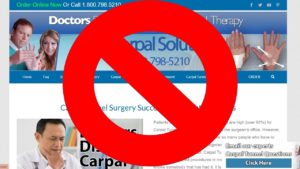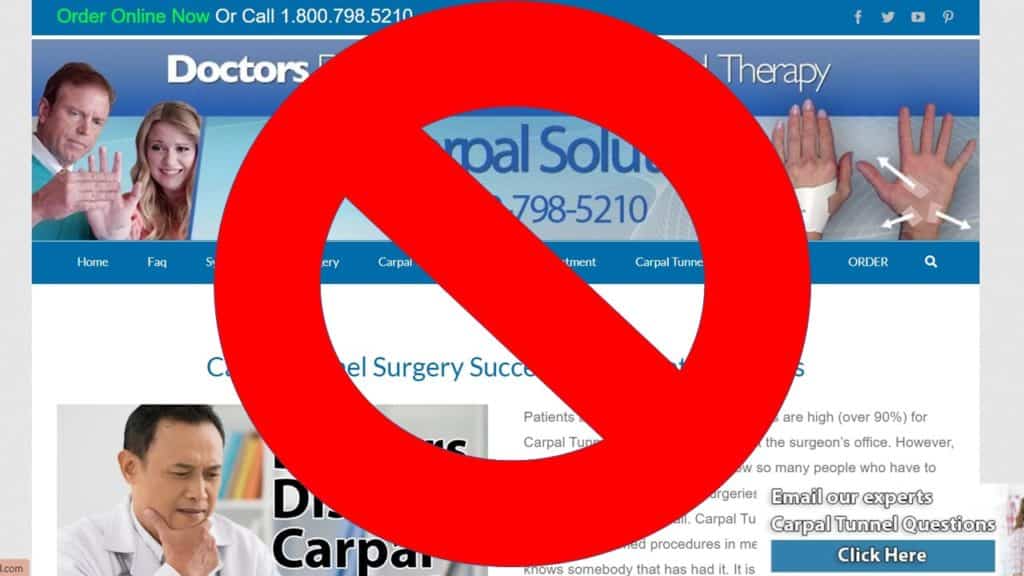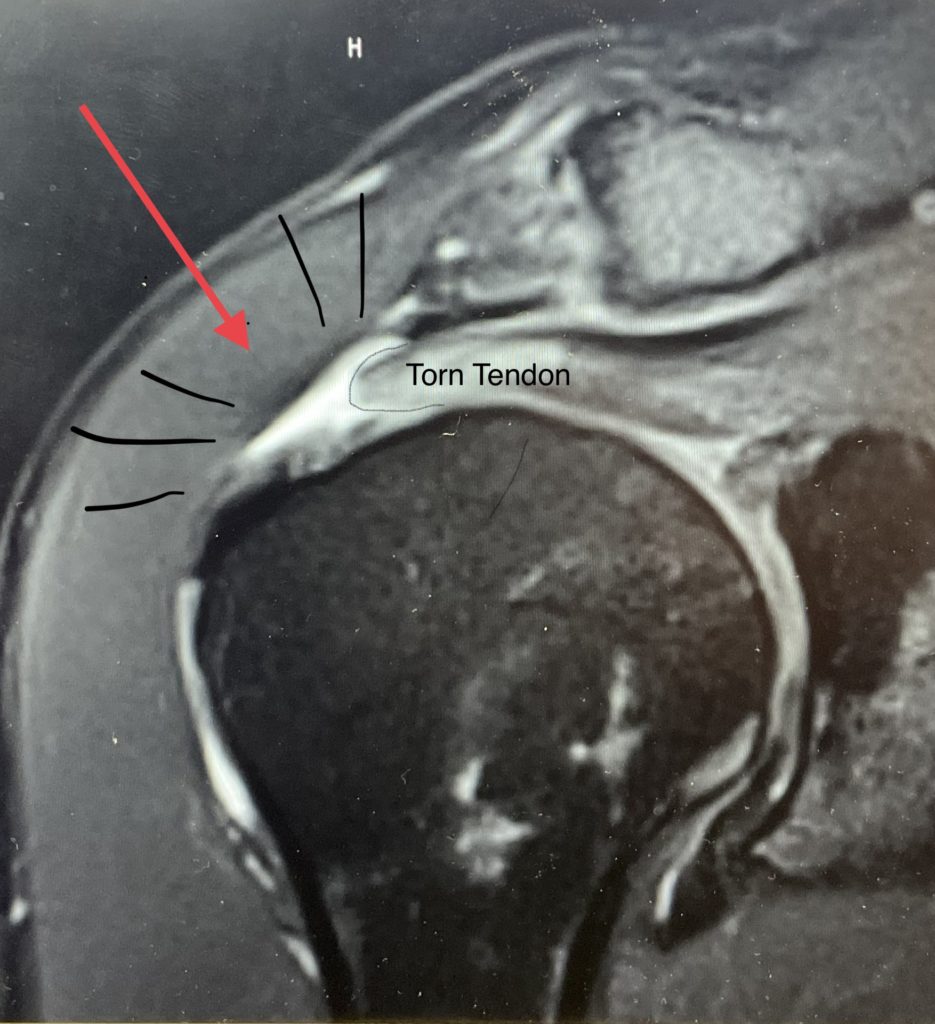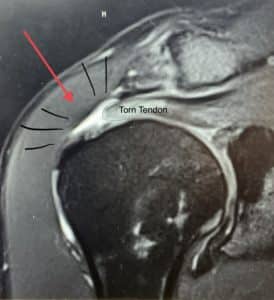Will My Carpal Tunnel Come Back After Carpal Tunnel Release?

Will my carpal tunnel come back after carpal tunnel release? A quick online search of carpal tunnel and carpal tunnel release may leave you with more questions than answers.
Many of the top listings on major search engines, usually sponsored advertisements to online businesses trying to sell carpal tunnel splints, provide very misleading and false information for those suffering from carpal tunnel syndrome. Rather than encouraging patients to seek treatment from highly trained specialists, these websites use anxiety and fear to sell expensive splints that have very low success rates.
For example, one website called mycarpaltunnel.com quotes only 50 to 60% success rate for carpal tunnel release, with 85% of patients having their symptoms come back after surgery. Unfortunately, this website does not provide any source of information on where these numbers come from.
Most likely, they are pulling these numbers out of thin air and making them up so that you will buy their $185 splinting product.
These sites say things like “…most patients report permanent tenderness over the point of incision for years after surgery. Patients also report a permanent loss of grip strength for years.” Again, this is nothing more than gossip and does not reflect the reality of undergoing carpal tunnel release or healing after a carpal tunnel release procedure.
On the other hand, the real peer-reviewed scientific data on carpal tunnel syndrome and carpal tunnel release tells a different story.
The most quoted value for recurrence of carpal tunnel syndrome has been since the 90s between 5% to 20%. However as time goes and more high-quality studies are performed, many are questioning if there is truly such a problem as “recurrent carpal tunnel syndrome.” As in most fields of medicine and surgery, there are many factors that go into the success rate of a surgery. For example, how long was the carpal tunnel present prior to surgery? How damaged was the nerve from years living with carpal tunnel syndrome? What medical problems does the patient have? Does the patient have diabetes and thyroid disease? In properly conducted studies where these factors are accounted for, carpal tunnel syndrome does not seem to recur at all.
While recurrent carpal tunnel syndrome does exist and is a risk, if you have carpal tunnel symptoms, and you decide to have a carpal tunnel release, as a general rule you should not expect your symptoms to come back, ever.
References:
Kilinc F, Behmanesh B, Seifert V, Marquardt G. Does Recurrence of Carpal Tunnel Syndrome (CTS) after Complete Division of the Transverse Ligament Really Exist? J Clin Med. 2021 Sep 17;10(18):4208. doi: 10.3390/jcm10184208. PMID: 34575319; PMCID: PMC8470114.
Botte MJ, von Schroeder HP, Abrams RA, Gellman H. Recurrent carpal tunnel syndrome. Hand Clin. 1996 Nov;12(4):731-43. PMID: 8953292.
Will My Carpal Tunnel Come Back After Carpal Tunnel Release? Read More »





